"[Sebastian Payden] won $20 million because he was the biggest liar of the mob. We'll use him as an example. He maintains that he was molested by Sandusky in Sandusky's basement in a soundproof basement that he was locked in... weekend after weekend for three years. And he would scream, this 16-year-old, he was 16, 15, 16 at the time, and he would scream at the top of his lungs, 'Help me, help me,' from Friday through Sunday... and then he would go back again the next weekend to be raped, starved, mistreated in a soundproof basement that he couldn’t escape from. But here’s the problem with his testimony. Number one, the basement was not, is not, never was soundproof. It’s a pretty small house. What you see in the basement could be heard upstairs... the doors only lock from the inside, not the outside. And even if the doors were magically locked, there were windows that a 16-year-old could have escaped from. It defies reasonable credulity that he would’ve been raped repeatedly under these conditions." - Investigative Journalist Frank Parlato
By Richard Luthmann
Twelve years after Jerry Sandusky was convicted on 45 counts of child sexual abuse, investigative journalist Frank Parlato claims Sandusky’s trial was not only flawed but riddled with misconduct.
Parlato, who has become an outspoken advocate for Sandusky, asserts that the former Penn State football coach, now 80, is factually innocent. His investigation exposes what he believes are manipulated testimonies, financial incentives driving false accusations, and judicial actions designed to rush a conviction.
A Rush to Conviction
During a conversation on The Unknown Podcast with co-hosts Michael Volpe and Richard Luthmann, Parlato explained why he believed Sandusky didn’t receive a fair trial.
“The judge didn’t give Sandusky’s lawyers time to prepare for trial,” Parlato said, noting that this breach of due process was just one of many irregularities.
According to Parlato, Judge John Cleland was under intense pressure to wrap up the trial before the next football season.
“The entire community, including Penn State, was focused on ensuring football went forward,” Parlato explained.
He claims that the judge, prosecution, and defense attorney met secretly at a hotel, where Sandusky’s lawyer, Joe Amendola, waived the preliminary hearing without consulting his client.
“This hearing would’ve allowed Sandusky to confront his accusers and challenge their evidence,” Parlato said.
Instead, it was bypassed, allowing the trial to proceed at an unusually rapid pace.
Volpe remarked on the number of accusers who testified against Sandusky, expressing disbelief at Parlato’s claims of innocence.
Parlato responded, “Yes, eight men testified, but their stories don’t hold up when you look closely. They were coached by civil lawyers, and their memories were recovered using discredited repressed memory therapy.”
Manipulated Testimonies and Financial Incentives
A key point in Parlato’s investigation is the role financial settlements played in motivating false accusations. After Sandusky’s conviction, Penn State paid a total of $118 million to 36 accusers.
“Penn State was paying millions without even questioning the legitimacy of these claims,” Parlato said.
He specifically pointed to Jason Simcisko and Ryan Rittmeyer, who changed their stories dramatically after hiring civil attorneys.
In one instance, Parlato described the claims of accuser Sebastian Payden, who received $20 million.
“Payden testified that he was held in Sandusky’s basement, screaming for help for entire weekends,” Parlato said. “But the basement wasn’t soundproof, and there were doors and windows he could have easily escaped from.”
Parlato believes Payden’s story, along with others, was a fabrication designed to capitalize on Penn State's settlement offers.
Luthmann, who also participated in the conversation, asked why these inconsistencies weren’t challenged during the trial.
“Sandusky had terrible lawyers,” Parlato said bluntly. “They didn’t challenge the witnesses, they didn’t bring up these obvious lies, and they didn’t use the medical evidence that could have exonerated him.”
McQueary’s Contradictory Testimony
The testimony of Mike McQueary, the Penn State assistant coach who claimed to have witnessed Sandusky inappropriately interacting with a boy in a locker room shower, played a crucial role in the case. However, Parlato revealed that McQueary himself expressed doubts about what he saw.
“McQueary never actually said he saw Sandusky engage in sexual activity,” Parlato explained. “In fact, McQueary told Joe Paterno and Dr. Jonathan Dranov that he didn’t see anything explicitly sexual. He only heard sounds that he assumed were sexual in nature.”
Parlato further claimed that the prosecution and the media manipulated McQueary’s testimony.
“The grand jury presentment was leaked to the press before the trial, and the narrative was set: McQueary had witnessed a rape. But McQueary later said that wasn’t true. He never saw it,” Parlato said.
According to Parlato, this inconsistency should have been enough to cast doubt on the entire case.
“If McQueary’s story was misrepresented, what else was distorted? Why was there such a rush to convict Sandusky?” Parlato asked.
Medical Evidence Ignored
Adding to the doubts about Sandusky’s guilt, Parlato and Volpe discussed medical evidence that was never presented at trial.
“Sandusky had a medical condition that made it impossible for him to commit the crimes he was accused of,” Parlato revealed.
Sandusky, according to medical experts, was born with vestigial testicles, which affected his sexual function.
“His defense lawyers had this information but chose not to use it,” Parlato said. “It’s one of the clearest examples of how incompetent his legal team was.”
Volpe asked why Sandusky's appeals hadn't succeeded if the evidence was so strong. Parlato responded that the Pennsylvania judiciary was reluctant to admit mistakes in such a high-profile case.
“They don’t want to unravel their own system,” Parlato said. “Admitting they got this wrong would be a huge blow to their credibility.”
The Road to Justice
Despite Sandusky’s appeals being largely unsuccessful, Parlato remains optimistic that new developments could lead to a retrial.
“His appeals aren’t exhausted,” Parlato said, noting that there are still legal avenues Sandusky’s defense team could pursue. “I think the public is beginning to see that there were serious problems with this case.”
As the conversation concluded, Volpe and Luthmann praised Parlato for his exhaustive research. “Frank has put together an incredible body of work on this case,” Luthmann said. “It’s time people took another look at what really happened.”
Parlato believes that the outcome could be very different if Sandusky is granted a new trial. “Jerry Sandusky was convicted on unreliable testimony and a trial that was designed to fail him,” Parlato said. “He deserves a chance to clear his name.”
For now, Sandusky remains in prison, but with Parlato’s investigation shedding new light on the case, his supporters hope justice will eventually prevail.






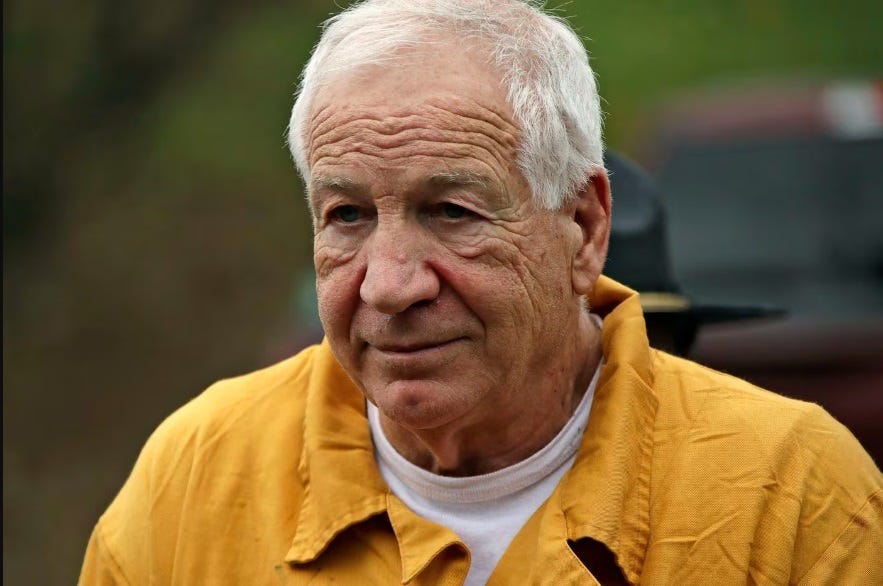
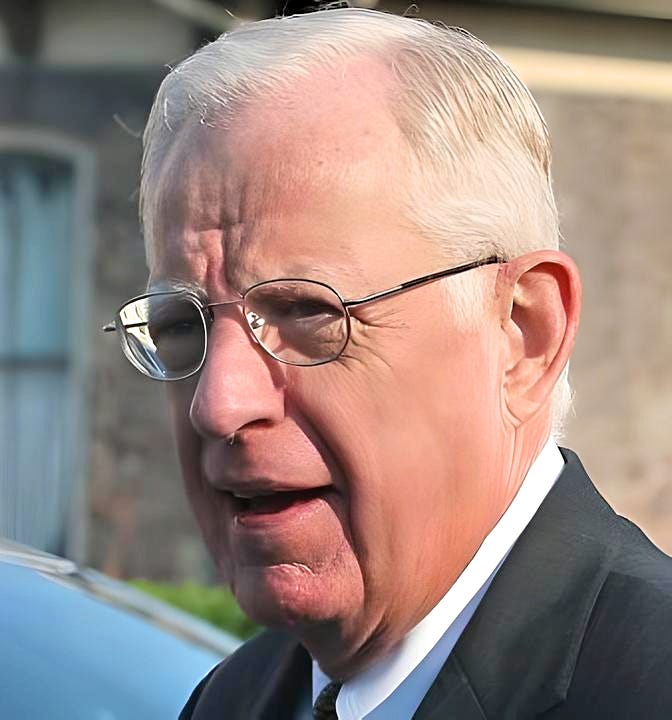

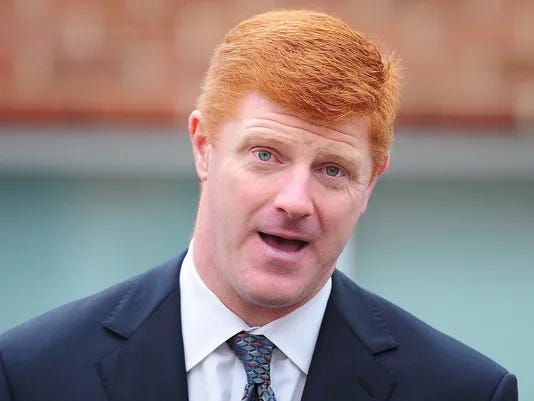

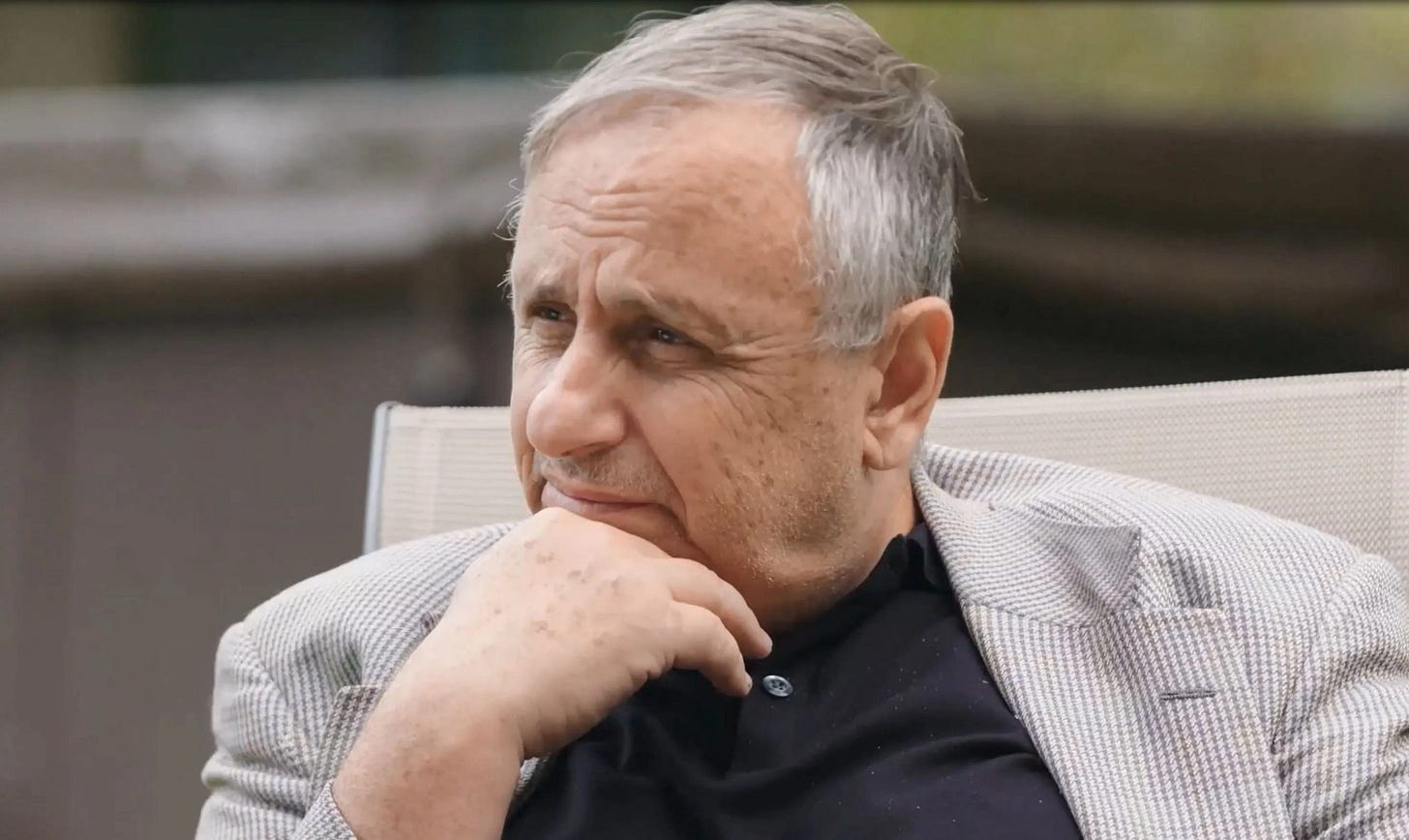



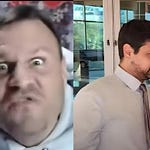






Share this post